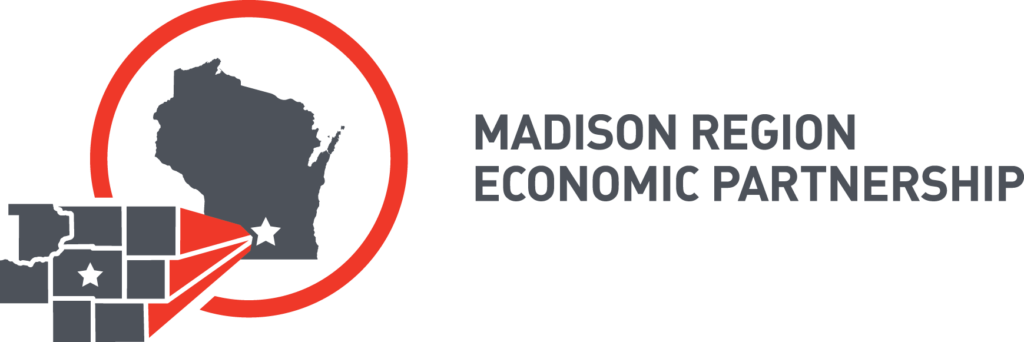In recent days, our nation and the world have once again been made witness to systemic racial injustice that remains within our country. MadREP is among the many nonprofits in the area that regards itself as part of the “choir” to which the activists and other leaders might preach. However, this last two weeks has engendered a much needed introspection that calls into question the legitimacy of that claim and may even have revealed that some in the choir are off key, flat or even tone deaf. While we embrace the following principles we have to admit that, in many ways, they are still aspiration more than fact. Economic developers and MadREP in particular must do better. Our talent and education programs like Inspire Madison Region must begin to capture metrics on reaching and placing students of color, our entrepreneurship and innovation programs have to better connect with historically disadvantaged communities to guarantee more entrepreneurs of color, our annual summit has got to tackle the broader issue of what it means to be Black or Brown in this economy before we can create diverse workplaces that truly include everyone. And, perhaps most urgently, we must bring broadband to every citizen in the region. We have often said that broadband is economic oxygen and, while we have managed over the decades to provide water, sewer and electrical service to 99% of the state, we still struggle to adequately serve the students and workers who drive the economy with respect to a service without which no one can thrive. So here’s what we believe and we can pledge only to do our level best to stay on key.
The underpinnings of a country which espouses “Life, liberty, and the pursuit of happiness” must include equal justice before the law. Until equal justice is fulfilled, we will not as a nation be able to realize the unalienable rights for all written in our country’s declaration of independence.
At its very foundation, this is a moral issue. But it is also an economic issue. The Madison Region Economic Partnership has long promoted that diversity spurs economic growth and that thriving regions across the country have embodied, embraced, and encouraged diversity in all its forms. And embracing diversity includes expecting, and where necessary demanding, equal justice before the law irrespective of an individual’s race.
As an organization, we acknowledge there are disparities in access to opportunity and justice, and we embrace the challenge to overcome them. Our goal is to advance talent, opportunity, growth and justice for all the region’s citizens.
The Madison Region is rich with organizations that share this goal, including our close partner, the Urban League of Greater Madison. We urge others to reach out to these community partners who have risen to the challenge of promoting equal justice. To be silent is to be complicit. We urge citizens of the Madison Region to find their voice in this discussion, for the betterment of us all.
Sincerely,
The MadREP Team

